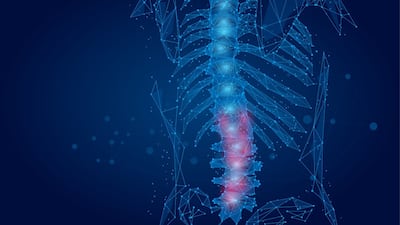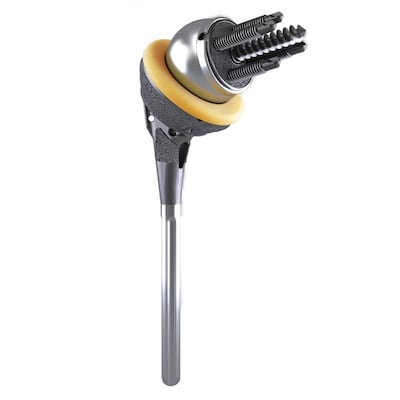DePuy Synthes has acquired a 3D-printing technology for making skeletal reconstruction and bone regeneration scaffolds, a move that underscores the orthopedics market leader's focus on adding more individualized, patient-specific solutions to its trauma portfolio.
The bone-scaffold technology comes from Tissue Regeneration Systems Inc. (TRS), a privately held Michigan company with whom DePuy Synthes has been collaborating since 2014. The two companies had teamed up through Johnson & Johnson Innovation (JJI), the innovation-focused business arm of DePuy Synthes' parent company. (Also see " Two medtech firms among 12 new J&J Innovation Centers’ investments " - Medtech Insight, 20 June, 2014.) The 3D-printing methods developed by TRS will enable DePuy Synthes to create patient-specific, bioresorbable scaffold implants
Read the full article – start your free trial today!
Join thousands of industry professionals who rely on Medtech Insight for daily insights
- Start your 7-day free trial
- Explore trusted news, analysis, and insights
- Access comprehensive global coverage
- Enjoy instant access – no credit card required
Already a subscriber?








